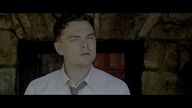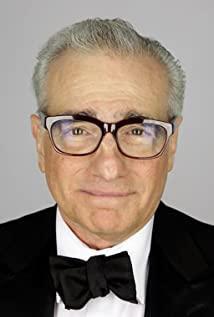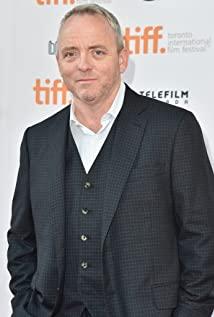I watched it with Zhu Zhu at the beginning. After the first time I watched it, I was super confused. I didn't know if he was really a mental patient or a police officer was framed. I think he's Patient 67, and the proof is that what he's dreaming about is his real experience. Piggy said it was probably the result of him being hypnotized. Wasn't he drugged before... So I retorted him and said, even if you can use drugs to make a person hallucinate, you can still control his dreams Can't do it? Do you think you are watching Inception? And the reason why Piggy thinks that the protagonist is a normal person is just a conspiracy is the last sentence "which would be worse? To live as a monster or to die as a good man.", he said, it shows that the protagonist knows that he escapes If you don't go out, it's better to choose to die than to pretend to be crazy and be stupid and be treated as a monster by others.
I was stunned by what he said at the time, and I didn't know how to refute it, so I thought I wouldn't argue with this calf, and if I read it again, I would definitely find something.
Well, I'd like to say now that the most important piece of evidence I've found to support my point is the missing female patient, Rachel Solando, whom Teddy later met in the cave. I remember a point before, when he was still a police officer, there was a Rachel Solando but Teddy judged it to be fake. Just imagine, on such an island, how much magical power do doctors have to find someone who looks exactly like the patient to impersonate her? So this is more likely a hallucination of the protagonist. And the pictures of the children that Dr. Cowley took out were indeed Teddy's dreams. If Teddy wasn't crazy, how could Dr. Cowley know what he dreamed and even pictures of the characters in his dreams? There is also an inexplicable conversation about violence when the guards took him into the car before, which is undoubtedly an accusation against him.
In my understanding, the last sentence of the protagonist should be precisely because he is sober, and he does not want to be immersed in his painful memories and cause others to be disturbed, so he would rather choose surgery, which is the end of his life with subject consciousness.
There is a very interesting detail. George said to the protagonist "this is about you, and , Laeddis,..." There are two interpretations of this sentence, one is "you, that is, Laeddis" and another is "you, that is, Laeddis". and Redis". The author cleverly uses the ambiguity in English, so the beginning of this plot is based on the premise that Teddy is a police officer, then it is true, but if the reverse is based on the premise that the protagonist is in fantasy, it is also true, Here becomes George's accusation against him.
I have to say, the movie was well done.
View more about Shutter Island reviews











